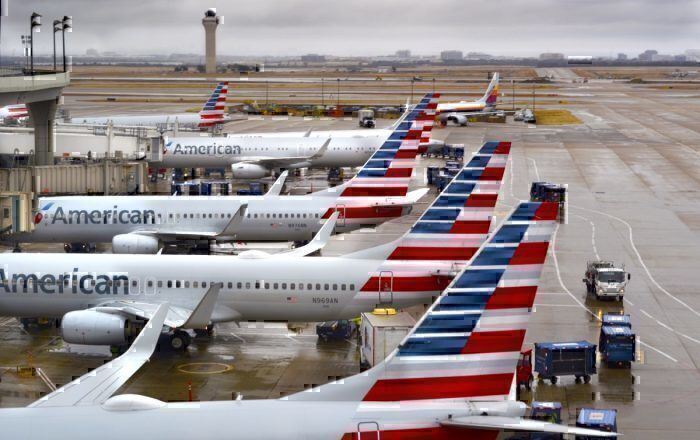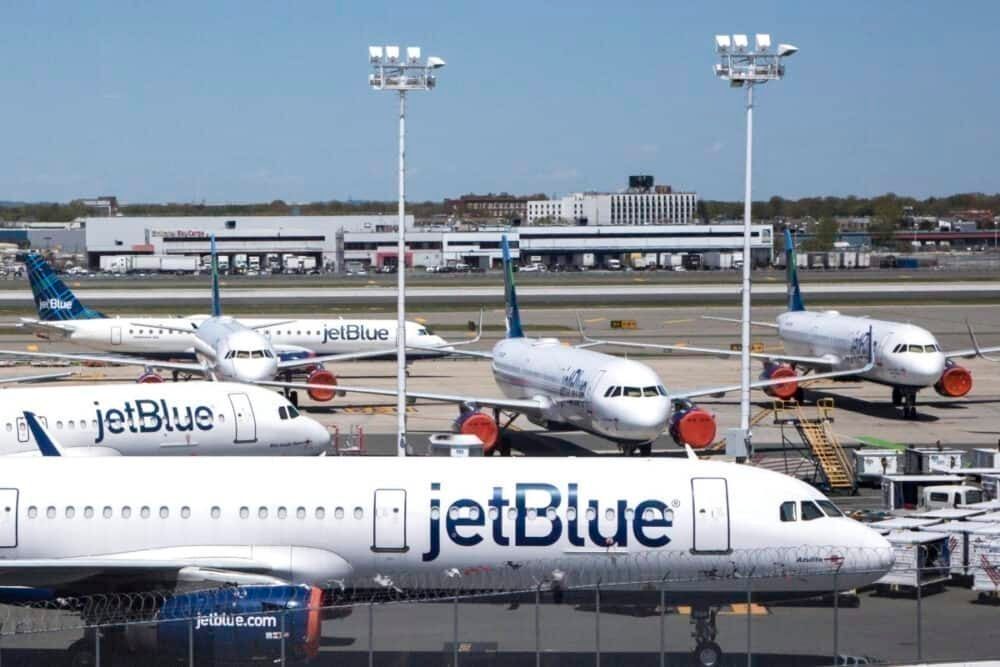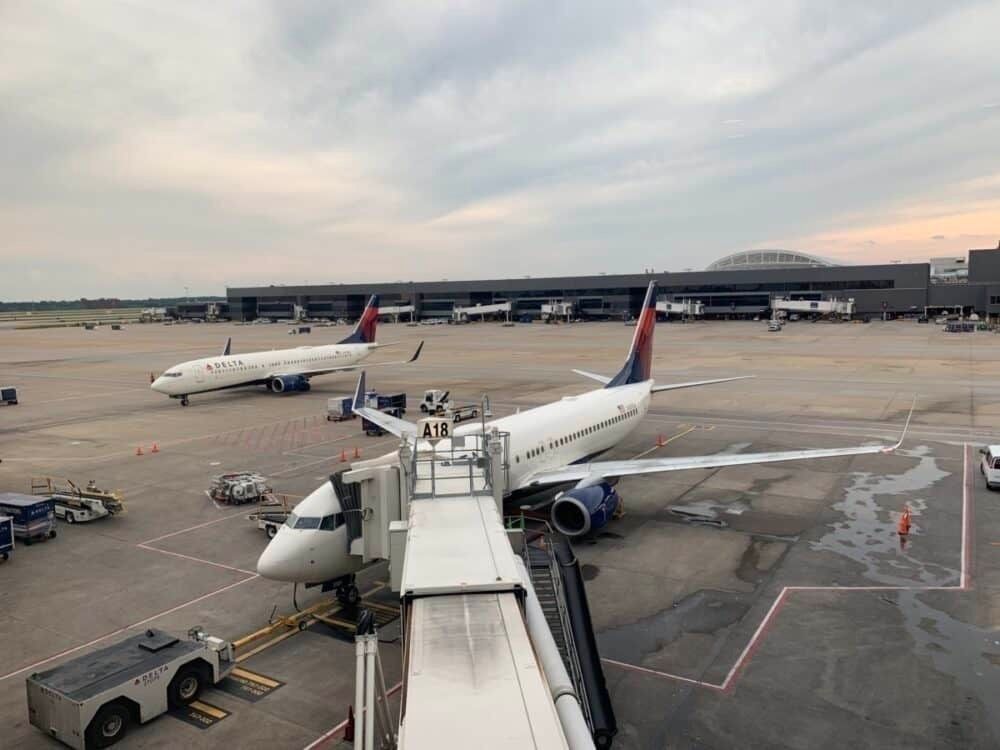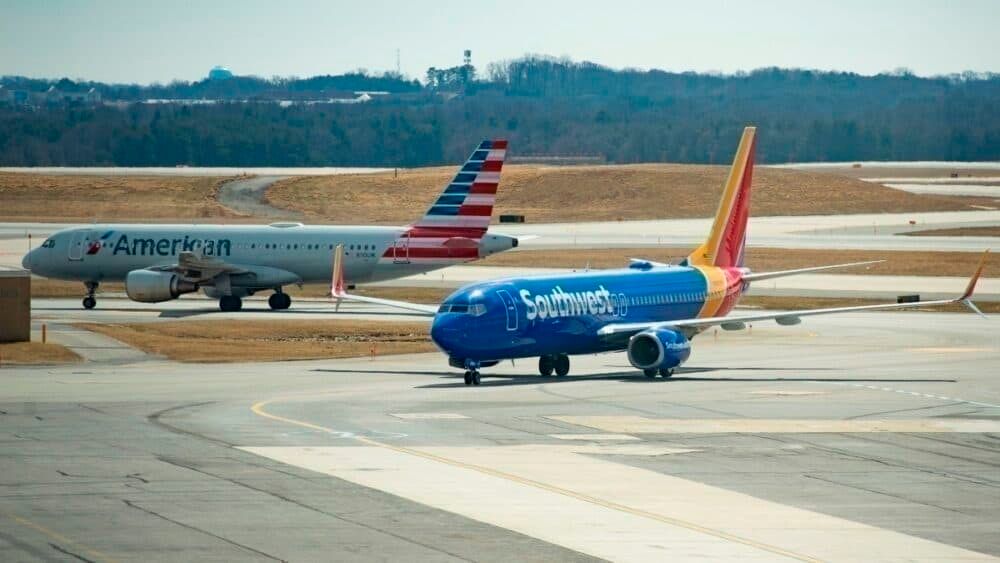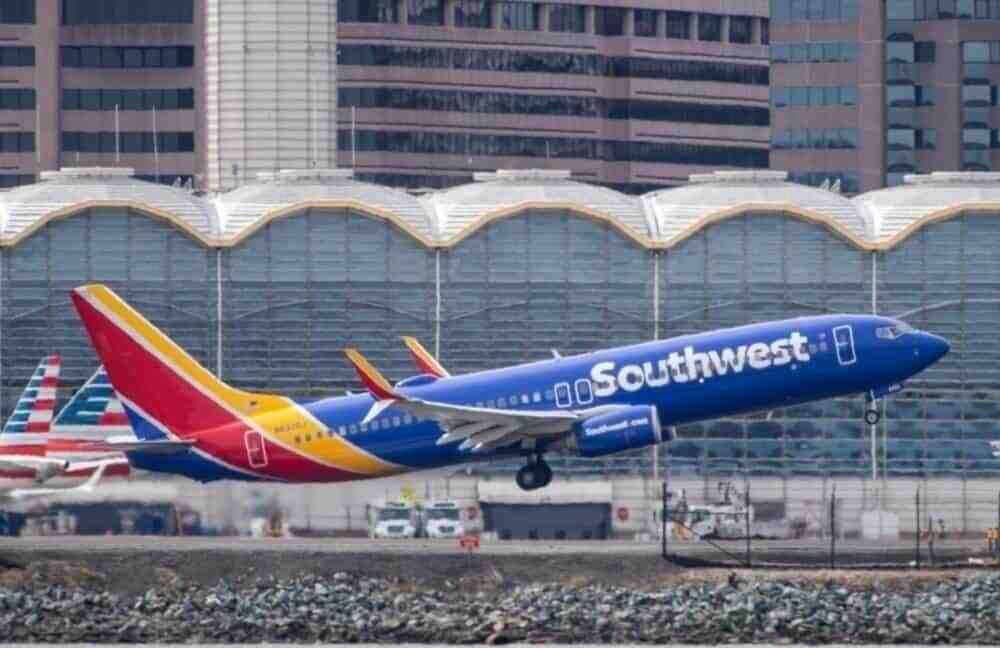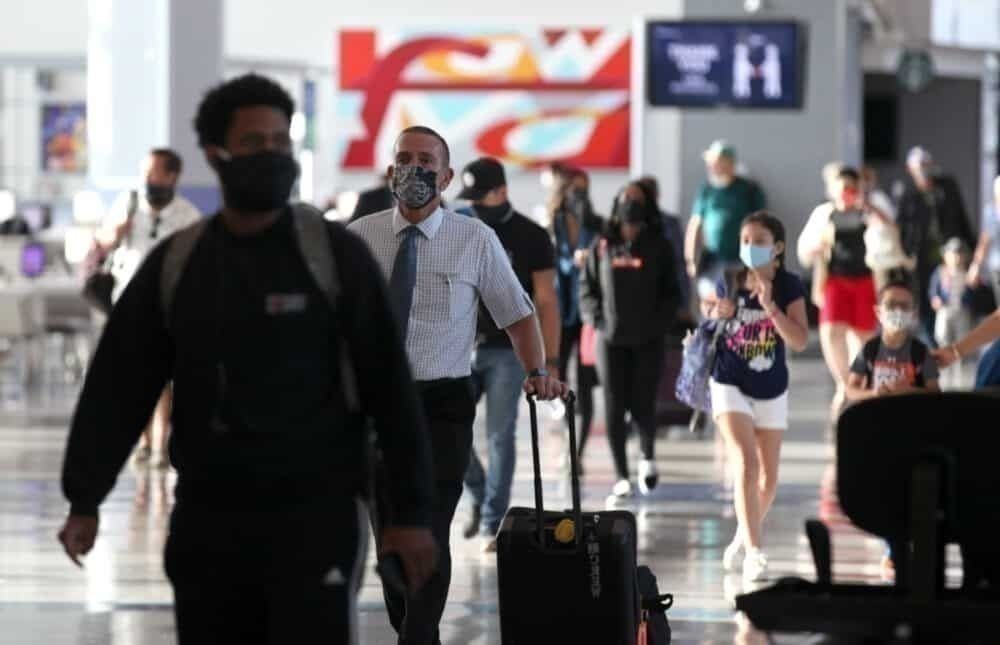JetBlue did something incredible on Thursday. The airline announced 30 new routes and said it was bringing a premium product, Mint, to Newark Liberty International Airport. Largely bucking the trend, JetBlue might have done something amazing: it may have beaten legacy carriers to the punch and found the right strategy out of COVID.
Scott Laurence, head of revenue and planning at JetBlue, said the following on the launch of these new routes:
"Coronavirus has transformed airline route maps, and as we begin to see small signs of recovery, we continue to be flexible with our network plans to respond to demand trends and generate cash in support of our business. We’ve selected routes where customers are showing some interest in travel again and where our low fares and award-winning experience will be noticed."
Finding a way out of the crisis
The airline is bucking just about every airline trend during the current crisis by expanding into new markets. As the coronavirus pandemic spread across the US and the world, airlines have shut down many routes and significantly reduced their networks. JetBlue had been no exception. However, now that travel is on the rebound, airlines are starting to figure out the best way out of this crisis.
American, Delta, and United are taking similar approaches. The carriers are staying away from their focus cities and point-to-point operations. Instead, the airlines are rebuilding their hubs and focusing on connecting traffic. However, the airlines are only building up operations slowly and still tweaking schedules.
While JetBlue does maintain significant coastal operations, the carrier bucked these operations in favor of setting up point-to-point services targeting high demand routes. Here's why that might be a winning strategy.
Going after cash, taking on the legacy carriers
JetBlue is bucking the trend by focusing on where people need to fly and in markets where the airline can capture some share of the market. This means beating legacy carriers at their own game.
Newark is a significant hub for United, JFK is a hub for Delta, and Philadelphia is a hub for American. The key constant for all of these hubs is that legacy carriers have not announced significant expansions. This gives plenty of room for JetBlue to build up operations.
However, the strategy is not entirely foolproof. JetBlue is starting up these routes from July with more coming in August and finally some in October. That leaves plenty of time for legacy carriers to respond– if they so choose. While all three airlines do have the planes to take on JetBlue, there may not be much of an appetite to take on another carrier when the current focus is on conserving cash.
Legacy carriers routinely take each other on. One of the most significant examples includes American and Delta's little turf war over cities such as Boston and Austin. United also competes with American out of Chicago, and Los Angeles sees all three airlines go head-to-head.
Southwest did something similar too
At the end of May, Southwest announced a slew of new routes as well, starting this winter. What's different with Southwest, however, is that the airline chose to expand out of Denver and Atlanta– hubs for United and Delta, respectively. These are also significant operations centers for Southwest as well.
Nevertheless, Southwest's model is more point-to-point. While the airline does offer connections, there are some blind spots in the airline's connecting market.
Coronavirus has changed travel forever
There is no doubt that coronavirus has forever changed the way we travel. Airlines are going to have to start adapting. For some people, there just might not be any appetite to take a connection or two to get to their final destination.
Already, the market was starting to shift towards more point-to-point travel. JetBlue is just accelerating that in its own route planning. While large hubs will stick around– they are just too efficient for major airlines– they may have to start competing on their home turf (and other airline hubs) to fly passengers.
Do you think point-to-point is the right strategy out of COVID? Let us know in the comments!



